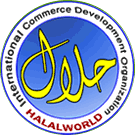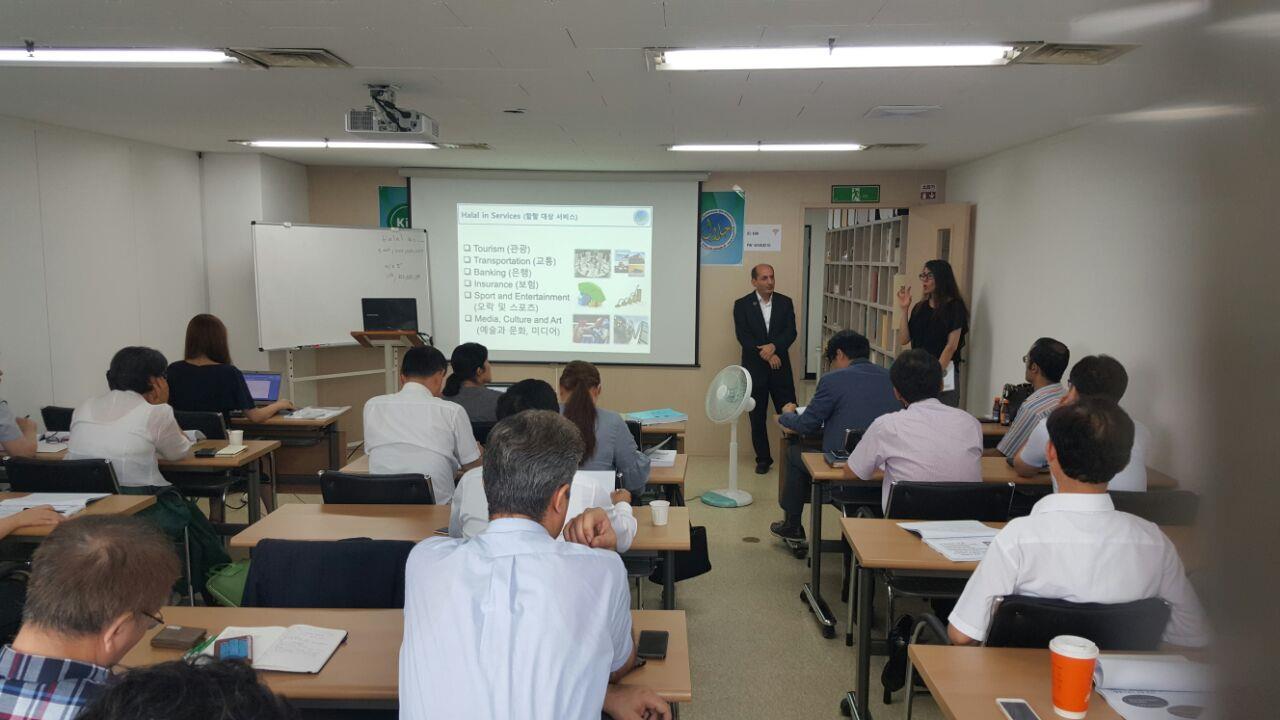The Benefits of Special Muslim Hotels Why the Halal Tourism is Money Making
IRNA food and medical supplies management was assigned to the standard organization
Challenges of Halal Industry in Iran
Where are the halal meat? The large share of non-Muslim countries in the production of malleable meat / industry of $ 415 billion halal meat
Eleventh Flour and Bread Exhibition
Danish government canceled ban on Holocaust denial for Muslims and Kosher for Jews
The presence of the World Halal Institute at the Mittex Exhibition
Comparison of the protein structure of soluble and nonsoluble meat
Halal Exhibition in Kazan _Russia
Teaching Islam in Spanish schools
Halal Tourism developed more in Non-Muslim Countries
During the recent Global Islamic Economy Summit 2013, experts observed that the Halal travel and tourism industries in non-Muslim countries are doing much better than in Muslim countries and consequently asked the Organization of Islamic Cooperation (OIC) to concentrate their focus on the potential of the industry.
The chairman of the board of Crescent Tours in the United Kingdom, Elnur Seyidli, was of the opinion that current growth of Halal tourism as seen in New Zealand and Australia indicate that non-Muslim countries are more preferred to Muslim countries when it comes to Halal tourism.
Further, he emphasized his opinion by giving an example of how the non-Muslim world is taking advantage of this potential. He said that for instance Japan has a prayer room at the airport and most of the hotels there are provided with Halal media. Japanese food is also about to be introduced in Halal restaurants.
A report released by Thomson Reuters in 2012 named Europe as the most popular destination globally as far as the arrival numbers are concerned. At the top of the list was France with 83 million arrivals. The US came second with 67 million arrivals followed by China and Spain both recording 58 million arrivals. Turkey and Malaysia were ranked 6th and 10th respectively.
Among the Muslim majority countries in the Organization of Islamic Countries, Turkey recorded the highest number of arrivals at 35.6 million followed by Malaysia with 25 million tourists. Saudi Arabia and the United Arab Emirates recorded 13.6 million and 9 million respectively.
The growth of four of the five fastest growing airports in the world, namely Istanbul, Kuala Lumpur, Dubai and Jakarta is the greatest indication that Muslim countries are fast emerging as tourist destinations.
Crescent rating CEO in Singapore, Fazal Bahardeen, said that OIC is getting too comfortable with the idea that they are Muslim countries and therefore fail to tap the investment potential of the sectors.
The UAE Group General Manger of Al Jawahara Group Hotels, Hani Lashin, criticized some of the Muslim countries, specifically Egypt. He said Egypt lacked clearly defined standards to identify travel as halal. Further, he added that staff should be trained more to handle Muslim customers.
A report by Thomson Reuters puts Iran at the top among Muslim countries with a staggering $18.2 billion in terms of travel expenditure. Saudi Arabia comes second with $17.1 billion followed by UAE, Kuwait, and Indonesia at $10.1 billion, $7.4 billion and $7.2 billion respectively. Qatar closes the list with $5.7 billion in travel expenditure.
In
2012, the global spending by Muslim travelers was at $137 billion excluding Haj
and Umarah. This accounts for 12.5% of the global spending which is estimated
to be $1.095 billion. By 2018, the Muslim expenditure is estimated to grow to
$181 billion. Tourists from GGC countries spend the most, accounting for 31% of
the total dollars spent by Muslim tourists.


















.jpg&s=70x50)



















